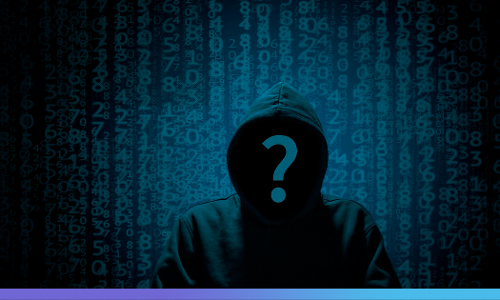Data – one of the major byproducts of living in the 21st century. Whatever it is that you do in your life, you generate data – whether it is buying medicine from your pharmacist or watching a video on Youtube or even liking a post on Facebook. And this seemingly innocuous data is worth billions. Corporations are forever hungry to consume this data, for it is the fuel that propels them towards greater profits. The huge corporations store everything about you – from personal information likes names, contact details, to your relationships, the pages you browse, your searches over the internet and so on and so forth. Saving the data might be a minuscule matter when compared to analysing the data and creating insights about the person, which is where things get serious because the person loses control over his choices without even him knowing. The loss of control over oneself and the inability to make one’s own judgement makes it critical to have certain checks in place as to what certain entities can do.
Corporations excel at mining this data to find out connections that can be downright creepy, but ultimately profitable to them. Personal information is violated and buried in the ground, in pursuit of profits. We all know of the case where Target (a supermarket) figured out that a teenage girl was pregnant before her father did. Personal details about your life can be revealed from things as mundane as your shopping history. But the issue we face today is – should the corporations really be knowing how much alcohol you consume, where you live, who your closest friends are. And if they know this, shouldn’t they be handling it responsibly? Shouldn’t your personal data be monitored and subject to basic restrictions?
Some citizens trust these mega-corporations. One such corporation till recently had the warmth inducing tagline of “Don’t be evil”. But do we really want to trust the good nature of corporations for keeping us safe? If they don’t behave responsibly, who will bring them to task? All of these are concerns that are rising globally (and rapidly).
Typically, it is the role of the Government to keep errant corporations in check, by introducing Data Privacy laws. The Indian government hasn’t covered everything in this aspect. Reflecting the global nature of the concerns, the European Union has taken the lead in formulating strict data protection laws called GDPR (General Data Protection Regulations). The GDPR was adopted by the European Parliament in 2016, almost three years back. Through this, they have safeguarded European citizens by regulating the storage, processing and handling of data related to EU citizens. Last year, the Indian government introduced a draft Data Protection Bill. The Bill, sadly, left many things to be lacking. It failed to explicitly encode the fundamental right to privacy, as enshrined in the Constitution of India.
Indian citizens continue to be vulnerable in the absence of a Data Protection Law like the GDPR. Since Data Protection wouldn’t draw any votes, the issue is likely being ignored for now.
Quite encouragingly, we are now seeing some Members of Parliament taking up this issue strongly. A Congress MP, Shri Ninong Ering, tried introducing a private member bill in Parliament that dealt with some of the shortcomings of the Government Bill. Quite notably, it restricted the role of government agencies as well. With the introduction of the UIDAI, various activists across India had raised the spectre of the Indian Government transforming into a Big Brother state. The Government Bill allowed governmental agencies free access to data if needed for national security. This provision was likely to be misused and was rightly restricted in Shri Ering’s version of the Bill.
With the recent ruling of the Supreme Court on privacy being declared as a fundamental right, it is time the government puts in place a regime to regulate Data Privacy laws and steers the collection and usage of data in the appropriate manner, with checks and balances.
Without such law in place, Indians will be vulnerable. We need a Data Protection Law, and we need it now!
With inputs from: Omkar Sathe, Aishwarya Singh and Krishna Chaitanya











